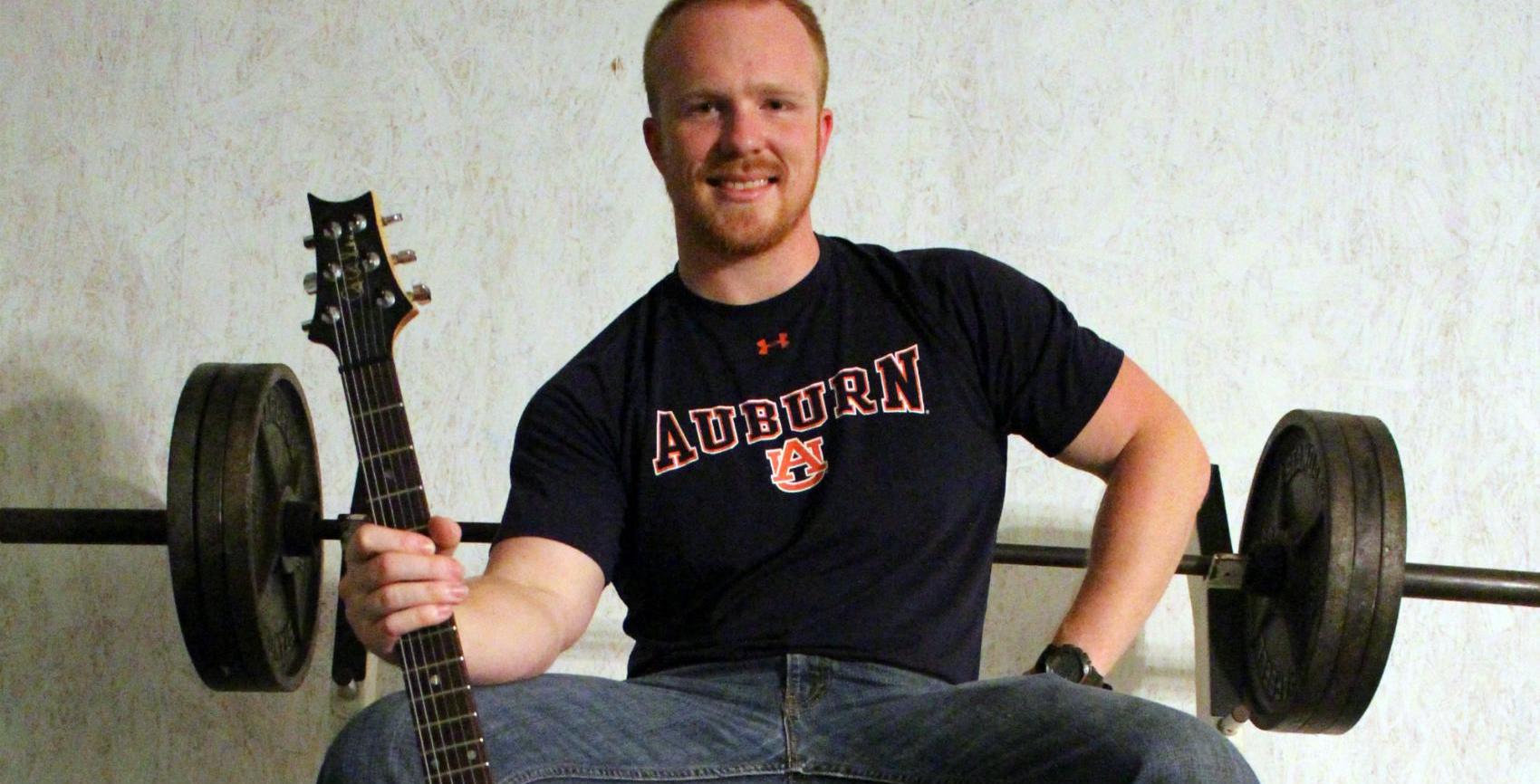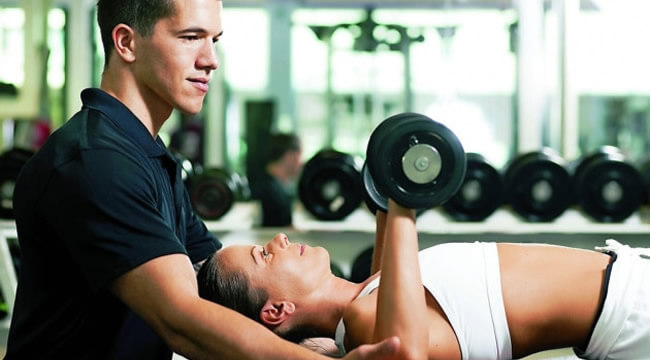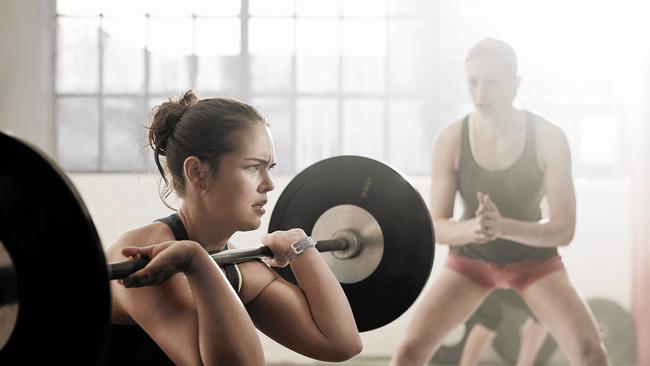Let’s assume you understand you cannot teach yourself to lift like you taught yourself to play guitar. You understand you’re gonna need more than YouTube to understand the intricacies of proper technique. Please, don’t call it form.

You need a trainer. The first thing you should do, if you haven’t already, read this article: To Find the Right Trainer Employ the Five Cs.
Most people will investigate trainers in order to observe the good and bad from trainer’s sessions. This is a misleading technique for finding the right trainer.
Case in point, you may like a trainer because she makes good eye-contact, seems to listen, but she may just be a polite person. That doesn’t mean she’s competent.
Conversely, the trainer with all the certifications might be a total jerk face.
What would help is for you to understand the hierarchy of priorities your trainers should manage, how to spot a trainer focusing on the right things, but more importantly, how to not waste your money or time.
Priorities on the floor

A good trainer manages many different details while you are training. To cut to the chase, those priorities don’t start with counting your repetitions or include cleaning up after you, getting your equipment or wiping off your sweat.
Like icing on the preverbal dumbbell, those are lovely qualities in a trainer but don’t be fooled by the trainer who prioritizes these service-level behaviors as substitutions for more important details.
The top of the list for your trainer should be your safety. That means awareness of your movement, but especially the movement of other gym members.
A good trainer doesn’t have time for fixing his hairdo in the mirror or chitchatting while you are lifting. It’s fine to stop en route to a piece of equipment or politely handle a question, but working out social plans for after work, no bueno. That includes checking cell messages.
After your safety, your trainer should consider your program.
This includes, but is not limited to the arc of your training, including your goals, the selection of exercises for the day, what equipment is open, how busy the gym is, how much time is left on the clock, how your fatigue level is progressing as well as your focus, and more.
In other words, a good trainer should have little brain power left to count your reps or chitchat. They’re too busy juggling information.
You made it through kindergarten, count your own reps.
Spotting the professional

Here’s a great head fake. You spot a trainer who doesn’t flinch one muscle to help pick up weights for his client, doesn’t count reps. You may think from that last section, “hey, this trainer is busy programming like a boss.”
Then you notice he is also sitting on a stability ball four feet from his client. He’s lecturing that client about Diet Coke and the evils of Aspartame.
That trainer isn’t working priorities. He’s lazy. I’d rather have a rep-counter.
A better trainer may utter a few reps, but only because that is one train of information passing through the station in her mind. You’ll see her on her feet, maybe taking a quick knee to stay close to her client, but always with her head on a swivel.
Watch her eyes. There is a subtle difference between distraction and focus, but you can see the difference in the eyes if you look.
Here’s the other key point. The quality trainer is able to take notes, spot, and cue all while juggling your program. The other guy doesn’t even own a notebook.
The good trainer finds a way to drink water, coffee, eat food and handle her cell phone between sessions, not during.
Don’t waste money or time (same thing)

If I haven’t seen it a million time, it’s been two-million. Clients hire a trainer to check a box.
Don’t do this. You’re going to pay top dollar for a trainer worth the money, but that doesn’t mean just because you pay top dollar it’s worth it.
If you like your trainer because he takes it easy on you, let’s you do the exercises you like, spending more time chatting than training, then you may as well burn your cash.
You don’t have to hire a militant jerkface trainer to receive subtle pushing. Your quality trainer will do the exercises you like, but will also ask you to do some you don’t like.
You would be a wise investor to not push back just because you don’t like a move. We usually dislike the exercises that we need the most.
That does not mean you do exercise you find hurt you without talking about it. Your trainer has to know that information.
When you receive homework, do it 100%.

The final word on the best trainer comes down to trust.
If you don’t trust and consequently like your trainer, you won’t listen to jack she tells you to do.
Weigh the trust factor on this, higher than the similar interests factor. You’re not picking a bestie. You’re picking a professional. Hire the way you hire any other professional, like your tax preparer.
Polite is good enough. You don’t need to share favorite hobbies. In fact, the less you have in common, the more your conversation will stick to the important stuff.
All of your chitchats should center on the most important subject you both share… you.